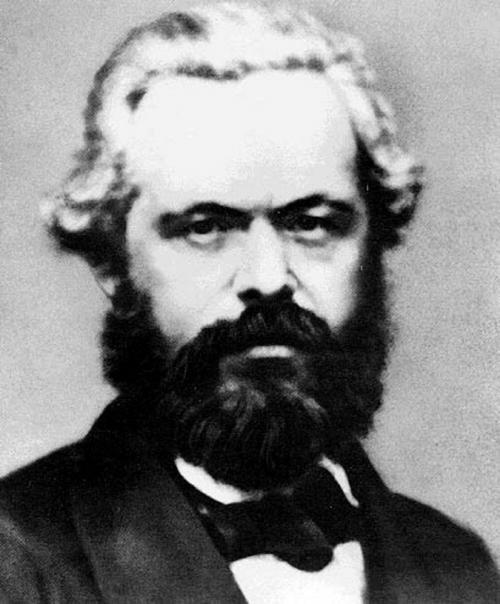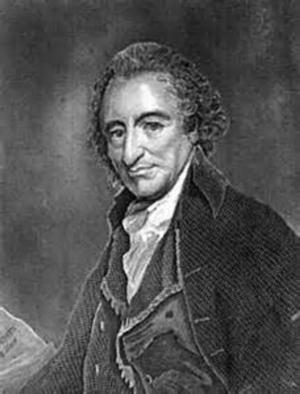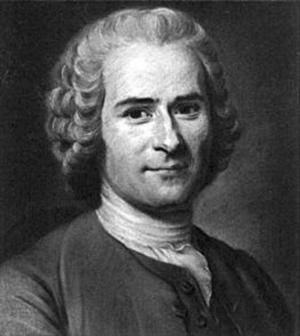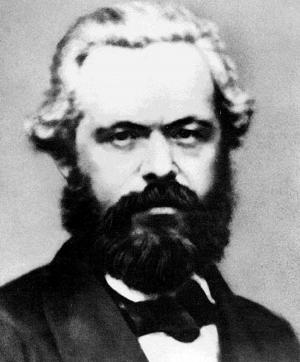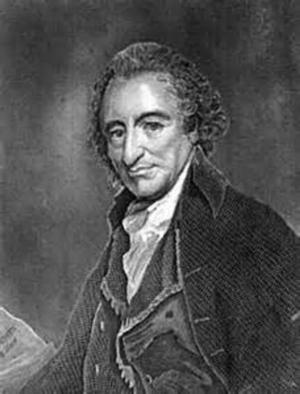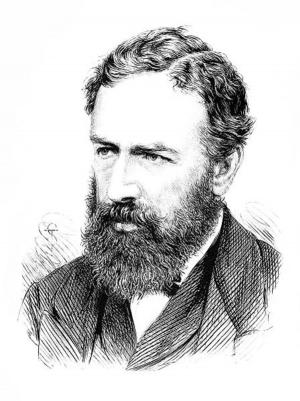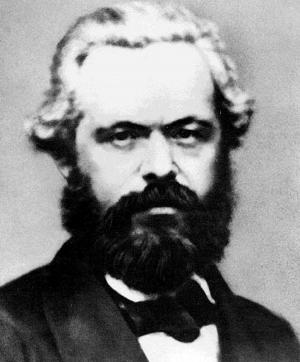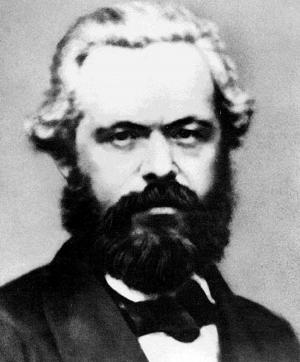Karl Marx and Frederick Engels on Communism and Socialism (Illustrated)
Business & Finance, Economics, Macroeconomics, Theory of Economics| Author: | Karl Marx, Friedrich Engels, Timeless Books: Editor | ISBN: | 1230001013429 |
| Publisher: | www.WealthOfNation.com | Publication: | March 29, 2016 |
| Imprint: | Language: | English |
| Author: | Karl Marx, Friedrich Engels, Timeless Books: Editor |
| ISBN: | 1230001013429 |
| Publisher: | www.WealthOfNation.com |
| Publication: | March 29, 2016 |
| Imprint: | |
| Language: | English |
The book has an active table of contents for readers to access each chapter of the following titles directly.
1. THE COMMUNIST MANIFESTO – Karl Marx & Friedrich Engels
2. SOCIALISM: UTOPIAN AND SCIENTIFIC - Friedrich Engels
In the title of THE COMMUNIST MANIFESTO, Marx and Engels presented an analytical approach to the class struggle and the problems of capitalism. THE COMMUNIST MANIFESTO also contains their ideas for how the capitalist society of the time would be replaced by socialism, and then eventually communism. However, the book is lack of detailed potential future forms of communism.
In contrast to abstract of THE COMMUNIST MANIFESTO, SOCIALISM: UTOPIAN AND SCIENTIFIC by co-founder of Marxism Friedrich Engels is the principal source of understanding the analysis of the socialism theory and communism that was declared in The Communist Manifesto. Starting with Saint-Simon, Engels chronicled the thought of utopian socialists in the book of Socialism. He then proceeded to Fourier and Robert Owen. In chapter two, he summarized dialectics, and then chronicles the thought from the ancient Greeks to Hegel. In chapter three he discussed dialectics in relation to economic and social struggles, essentially echoing the words of Marx.
In SOCIALISM: UTOPIAN AND SCIENTIFIC, Engels also explained the differences between utopian socialism and scientific socialism. He further showed that whereas utopian socialism was idealist and declared his personal views that society could be adapted based on scientific socialism. Applying the materialist conception of history that was based on an analysis over history, Engels boldly concluded that communism naturally should follow capitalism that later became a very popular slogan and concept in the many dated socialistic countries.
After Marx and Engels, it was Lenin who took the theories of THE COMMUNIST MANIFEST and SOCIALISM: UTOPIAN AND SCIENTIFIC to the next level for delivery and implementation of a truly socialistic country.
Marx’s thought and Lenin’s path of building Soviets to address issues of Capitalism were catastrophic to the world. An estimated 70 million people died under the soviet regime. The human cost paid for their utopian theories was enormous. Yet despite all this, Marx’s thought is still worshipped by millions by other countries including North Korea and the aged followers in China today.
All of the essential predications by Marx in the book about world moving direction failed. However, history is a mirror for us. Reading the book, THE COMMUNIST MANIFESTO and SOCIALISM: UTOPIAN AND SCIENTIFIC, we can have a second thought on evolution of our social systems and avoid paying human cost we made in the past by socialistic countries including Soviets and China.
Marxists highly praised the books of THE COMMUNIST MANIFESTO and SOCIALISM: UTOPIAN AND SCIENTIFIC as an "in-depth economic and scientific observation on how capitalist economy works, why it was exploitative, and ultimately why it would eventually implode from within". This is a must-read book to understand the foundational thought of a communist party and the nature of a socialistic country.
The book has an active table of contents for readers to access each chapter of the following titles directly.
1. THE COMMUNIST MANIFESTO – Karl Marx & Friedrich Engels
2. SOCIALISM: UTOPIAN AND SCIENTIFIC - Friedrich Engels
In the title of THE COMMUNIST MANIFESTO, Marx and Engels presented an analytical approach to the class struggle and the problems of capitalism. THE COMMUNIST MANIFESTO also contains their ideas for how the capitalist society of the time would be replaced by socialism, and then eventually communism. However, the book is lack of detailed potential future forms of communism.
In contrast to abstract of THE COMMUNIST MANIFESTO, SOCIALISM: UTOPIAN AND SCIENTIFIC by co-founder of Marxism Friedrich Engels is the principal source of understanding the analysis of the socialism theory and communism that was declared in The Communist Manifesto. Starting with Saint-Simon, Engels chronicled the thought of utopian socialists in the book of Socialism. He then proceeded to Fourier and Robert Owen. In chapter two, he summarized dialectics, and then chronicles the thought from the ancient Greeks to Hegel. In chapter three he discussed dialectics in relation to economic and social struggles, essentially echoing the words of Marx.
In SOCIALISM: UTOPIAN AND SCIENTIFIC, Engels also explained the differences between utopian socialism and scientific socialism. He further showed that whereas utopian socialism was idealist and declared his personal views that society could be adapted based on scientific socialism. Applying the materialist conception of history that was based on an analysis over history, Engels boldly concluded that communism naturally should follow capitalism that later became a very popular slogan and concept in the many dated socialistic countries.
After Marx and Engels, it was Lenin who took the theories of THE COMMUNIST MANIFEST and SOCIALISM: UTOPIAN AND SCIENTIFIC to the next level for delivery and implementation of a truly socialistic country.
Marx’s thought and Lenin’s path of building Soviets to address issues of Capitalism were catastrophic to the world. An estimated 70 million people died under the soviet regime. The human cost paid for their utopian theories was enormous. Yet despite all this, Marx’s thought is still worshipped by millions by other countries including North Korea and the aged followers in China today.
All of the essential predications by Marx in the book about world moving direction failed. However, history is a mirror for us. Reading the book, THE COMMUNIST MANIFESTO and SOCIALISM: UTOPIAN AND SCIENTIFIC, we can have a second thought on evolution of our social systems and avoid paying human cost we made in the past by socialistic countries including Soviets and China.
Marxists highly praised the books of THE COMMUNIST MANIFESTO and SOCIALISM: UTOPIAN AND SCIENTIFIC as an "in-depth economic and scientific observation on how capitalist economy works, why it was exploitative, and ultimately why it would eventually implode from within". This is a must-read book to understand the foundational thought of a communist party and the nature of a socialistic country.
